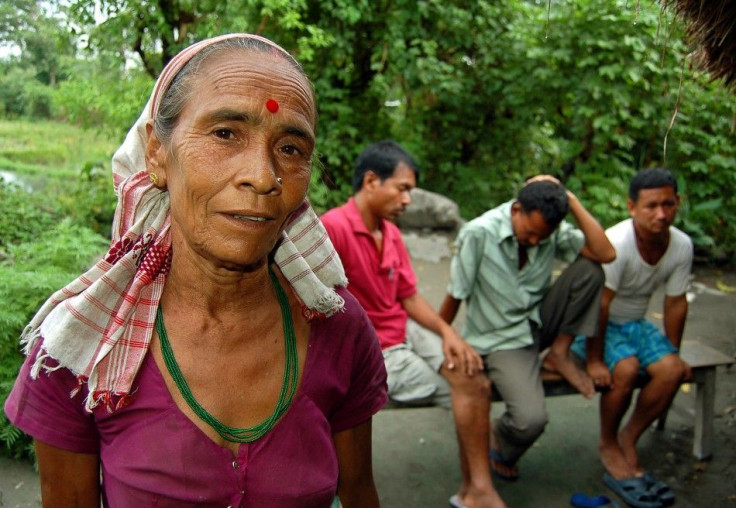Honor Killings, Dowry Deaths, Witch Hunting Have Social Sanction In India: UN

Cultural killing of women, either to reinstate the lost honor of a family or as penalty for not paying up the dowry demanded by the groom's family or to exorcise women branded as witches, persists in India partly due to society failing to treat such murders as crimes, the United Nations has said.
UN Special Rapporteur Christof Heyns, who prepared a report on arbitrary executions in India, said his mission was to investigate the right to life within the framework of how the law enforcement authorities address the crimes in the name of cultural practices subjugating women.
This is a difficult area for any state to address, Heyns said while speaking at a news conference in New Delhi recently, Reuters reported. He was on a 12-day visit to India.
This is often difficult for a host of reasons, including the fact that there is a general social sanction for the crime, and the police often do not address these killings as crimes, he said.
Heyns, a South African academic specializing in human rights, will submit a report of his findings to the UN Human Rights Council next year.
Murders, often referred to as honor killings, victimize women who, according to their family and community, have indulged in shameful acts. The killing, usually committed by immediate member(s) of the victim's family, is supposed to wash away the disgrace.
According to UN estimate, around 5,000 women are victims of honor killings worldwide every year.
Dowry, including jewelry, clothes, electronics, cars and money, is traditionally given to the groom's family by the bride's parents as a supposed token to ensure a comfortable life for the woman in her husband's household. Though the custom has been declared illegal, it is practiced almost everywhere across the country, with the groom's family demanding exorbitant dowries leading to mental and physical torture of the women who sometimes commit suicide or are killed in accidents inside their in-laws' homes.
According to India's national Crimes Record Bureau, more than 8,000 brides were murdered over dowry-related issues in 2010.
Dayan Pratha, or witchcraft, is still discreetly practiced in certain parts of rural India. A BBC report last year alleged that witch hunts targeting poor, unprotected, low-caste women are common in east and central India, by which women are held responsible for natural disasters, calamities or diseases and are killed to ensure the villagers' safety.
Heyns, reflecting on the public lynching of elderly single women, branded as witches, said such crimes are often committed because the perpetrators are immune to punishment.
Impunity for extrajudicial executions is the central problem. This gives perpetrators a free reign, and leaves victims in a situation where they are either left helpless or have to retaliate, said Heyns. The values at stake are often viewed as more important than life itself. A change in values is therefore required.
© Copyright IBTimes 2024. All rights reserved.












